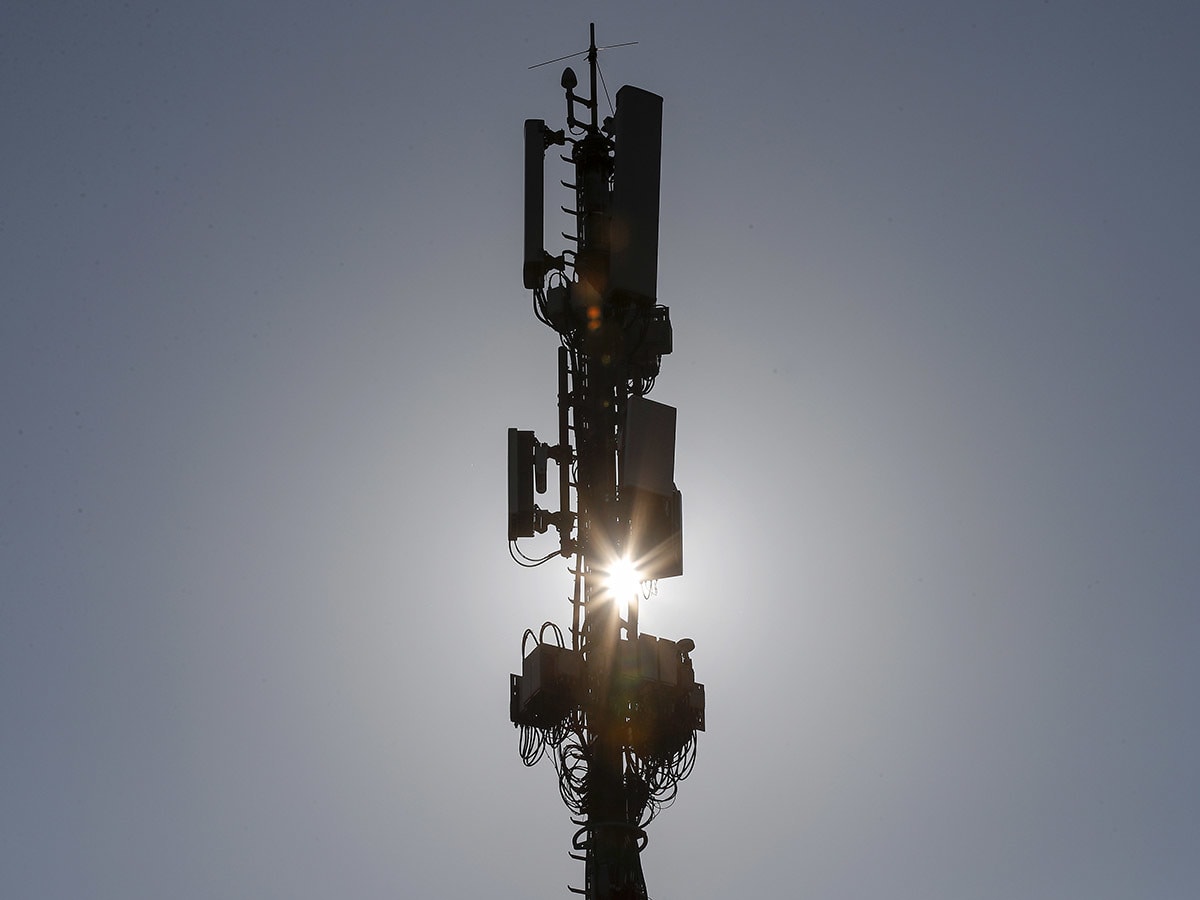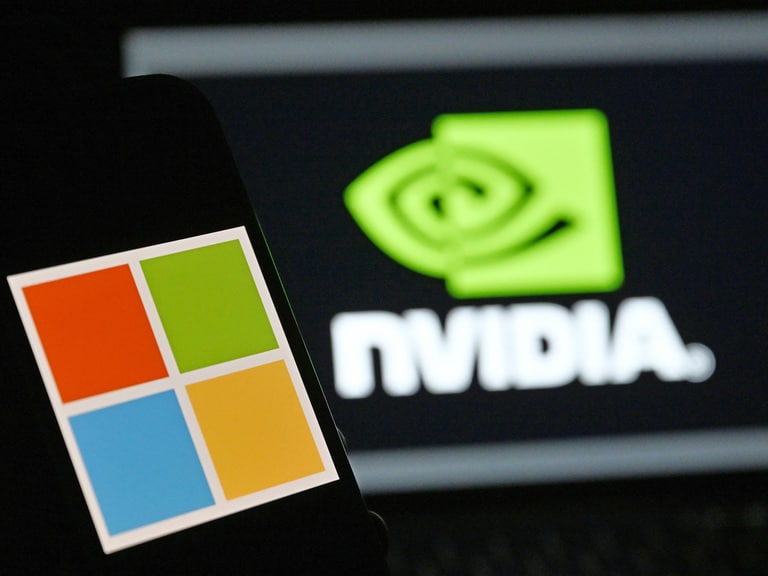Year-to-date, Nokia’s [NOK] share price is up 8.6% to $4.03 as of close of trading on 12 October. It has risen 65.8% since falling to a 52-week low of $2.43 on 18 March, but it’s still 26.3% down from its 52-week high of $5.09, at which it peaked right before September’s tech rout. With the company’s list of 5G deals getting longer, will the new tech prove to be a boon for Nokia’s share price and future growth?
The coronavirus pandemic has presented the telecoms industry, and Nokia’s share price specifically, with plenty of challenges this year.
However, Nokia’s last earnings report showed the company to be pretty resilient during the three months to the end of June. During that time, Nokia’s share price grew 41.9%, although this upward momentum did not continue into the following quarter, which saw the stock slide by 10.1%.
The last 2 weeks have proven different again, seeing Nokia’s share price grow 3.32% to $4.04 on 13 October.
Achieving network profitability
In its Q2 earnings, the company reported €85m compared to the €191m loss it had posted in Q2 2019. Net sales were down 11% year-over-year at €5.09bn, but this is hardly unusual news in 2020 — the Finnish telecoms giant estimated that COVID-19 reduced sales by around €300m in 2020’s second quarter, and €500m in the first six months of 2020.
The company does expect to make up for any missed revenue in the quarter to come, however, which could comfort investors with an interest in Nokia’s share price.
Nokia earns its revenue from a number of segments, including selling hardware to wireless carriers and licensing to chip vendors. The bulk of this comes from its Networks segment, which was down 10% year-over-year to €3.96bn, accounting for 78% of net sales.
Within the Networks segment is its Access Networks division, which was set up towards the end of 2018 to invest in and explore opportunities to exploit 5G technology.
Rolling out fifth-generation mobile technology networks can be expensive, but Nokia was able to achieve profitability in the three months to the end of June, partly because it signed fewer 5G deals in China.
The country is a lucrative but competitive 5G market. Nokia has previously said it would resist bidding for contracts because it could take years to achieve profitability. Such a strategy could improve investor confidence in Nokia’s share price.
Nokia’s China revenue has been in decline in recent years. Sales in Q2 2020 dropped 41% YoY to €302m, accounting for just over 5.9% of net sales. Although Nokia reportedly missed out on securing big 5G contracts with the country’s three mobile operators recently, it did secure a deal to supply 10% of China Unicom’s [0762] 5G infrastructure.
On 2 October, Nokia announced it had signed a further 17 deals, taking the total number of contracted customers globally to 100. One was to become the largest equipment provider for BT Group [BT], replacing Huawei kit in the EE network after the Chinese company was blocked from being involved in the UK’s 5G roll-out.
Reaching the 100-deal milestone should be applauded, and may well be part of the reason for the recent, cautious rally in Nokia’s share price. However, Nokia still lags behind both Huawei and Ericsson [ERIC] in terms of market share.
According to TrendForce data, Nokia’s market share this year is estimated to be 22% compared to 24.5% last year, whereas Huawei’s market is forecast to rise a single percentage point year-over-year to 28.5% and Ericsson’s is expected to fall from 30% to 26.5%.
The three market leaders are facing competition, especially from Samsung [005930], which signed a contract with US telecoms firm Verizon [VZ] last month.
Will Nokia’s share price suffer?
Increased competition has led analysts, including Simon Leopold of Raymond James, to take a cautious view. He reiterated a Hold rating earlier this month, having previously downgraded the stock at the beginning of September from a Strong Buy.
“We continue to regard 5G as an investment theme, but with the recent loss of Verizon, Nokia’s Mobility unit continues to face challenges,” said Leopold, according to TipRanks. That said, he did describe the 100-deal milestone as “great progress”.
Nokia’s shrinking 5G market share could raise questions of how it will invest and scale sufficiently to remain a competitor, Leopold added. In the near term, the more 5G contracts it can agree, the more confidence investors will have in Nokia’s share price.
As for the long term, Nokia’s data centre infrastructure portfolio could be a key driver of future growth. It was announced in June that the company would be laying the infrastructure for Tencent’s [TCEHY] and Baidu’s [BIDU] cloud platforms.
Nokia currently has 13 Wall Street ratings, according to MarketBeat. Six rate it a Buy and seven a Hold.
Disclaimer Past performance is not a reliable indicator of future results.
CMC Markets is an execution-only service provider. The material (whether or not it states any opinions) is for general information purposes only, and does not take into account your personal circumstances or objectives. Nothing in this material is (or should be considered to be) financial, investment or other advice on which reliance should be placed. No opinion given in the material constitutes a recommendation by CMC Markets or the author that any particular investment, security, transaction or investment strategy is suitable for any specific person.
The material has not been prepared in accordance with legal requirements designed to promote the independence of investment research. Although we are not specifically prevented from dealing before providing this material, we do not seek to take advantage of the material prior to its dissemination.
CMC Markets does not endorse or offer opinion on the trading strategies used by the author. Their trading strategies do not guarantee any return and CMC Markets shall not be held responsible for any loss that you may incur, either directly or indirectly, arising from any investment based on any information contained herein.
*Tax treatment depends on individual circumstances and can change or may differ in a jurisdiction other than the UK.
Continue reading for FREE
- Includes free newsletter updates, unsubscribe anytime. Privacy policy





